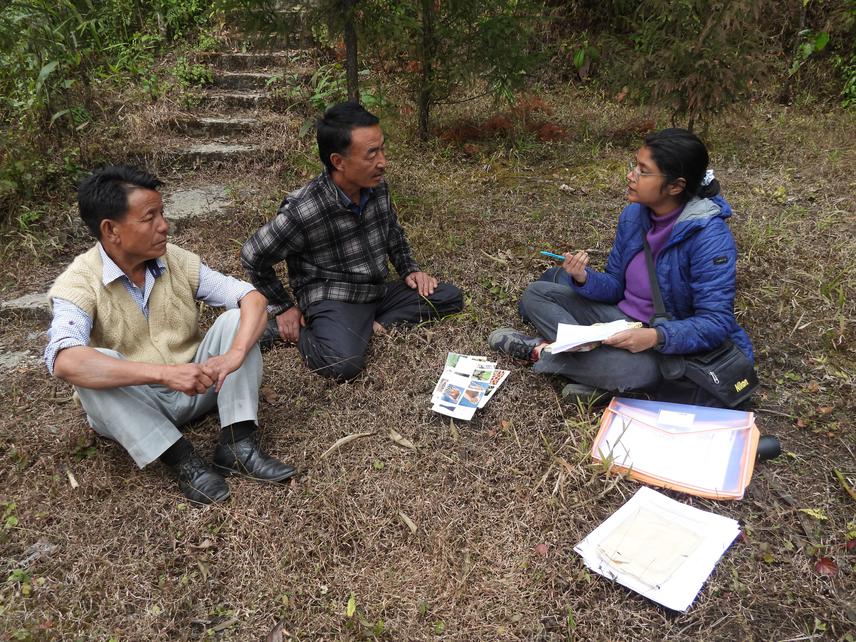Shreya Ray
The Darjeeling hills in West Bengal, India, are part of the East Himalayan mega-biodiversity hotspot, hosting 255 mammal species, 13 of which are endemic to the region, with 21% facing threats. Renowned for their tea, these hills are crucial habitats for charismatic and threatened species such as the clouded leopard, Asiatic black bear, and binturong. However, forest loss since the 1800s due to tea farming, exacerbated by recent development driven by demographic and economic growth, has heightened human-wildlife conflicts, including crop damage and predation on livestock and pets. These incidents have had a significant impact on people’s economic state and well-being, leading to a rise in negative perceptions towards mammals and a lack of conservation support from the community, as documented during our preliminary work. Additionally, there are indications of retaliatory killings of various mammals. Along with these threats, gaps in the literature make it difficult to plan conservation measures for this landscape. Despite the existence of a diverse mammal community, ecological research in North Bengal has predominantly concentrated on large mammals in the plains, overlooking the unique and diverse ecosystems of the hills.

Interview with local people. © Benoy Thapa.
Our project aims to contribute to conflict reduction and species management through rigorous field exercises to monitor conflict and mammals in human-altered landscapes using methods such as camera trapping, participatory mapping, and interviews. To engage actively on the ground, we will organize meetings with local stakeholders to create space for mutual learning and dialogue regarding the issues surrounding mammal disappearances and the rise in conflict. Our project will generate reports and articles that will be useful to the Forest Department, Agriculture Department, NGOs, Tea gardens, and the local community, enabling them to allocate resources based on empirical information gathered through rigorous fieldwork. Collaborating with local communities for our field activities and workshops for school children is part of our engagement strategy. We offer various project opportunities for them to receive hands-on skills training as well. We believe our efforts will lead to the development of species-specific conflict mitigation strategies, foster collaborative efforts among organizations, and guide species management plans based on empirical data. Furthermore, providing opportunities to local students will contribute to fostering tolerance and enthusiasm toward wildlife conservation.
Header: A settlement with agricultural land surrounded by forest patches. © Shreya Ray.